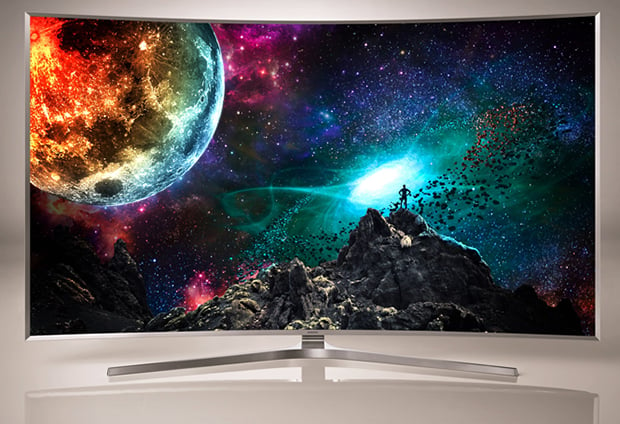Tizen Rising: Samsung To Ship 30 Million Tizen TVs This Year
When it comes to smartphones and tablets, Samsung has relied heavily on Google’s Android mobile operating system. Android dominates the smartphone and tablet markets, and Samsung has done its best to differentiate its Android offerings by overlaying its love-it-or-hate-it TouchWiz user interface. But Samsung is looking to break free of its reliance on Google and branch out with its own homegrown operating system: Tizen. Tizen has already been featured in Samsung’s growing smartwatch lineup, and recently launched on digital cameras and the budget Z1 smartphone for emerging markets.
However, Samsung plans to attract an even wider audience for Tizen with its 2015 Smart TV lineup. As we told you at the start of the New Year, Samsung revealed that its entire 2015 Smart TV portfolio would be built around Tizen. But we are now learning the massive scope of the rollout thanks to The Korea Herald. The publication states that Samsung plans to sell roughly 60 million TVs during 2015 and 50 percent of those TVs will ship with Tizen.

An estimated 124 million Smart TVs will be shipped during 2015 according to BI Intelligence, which would give Samsung nearly 25 percent of the Smart TV market. That is a lot of people that will be exposed to the Tizen operating system, and if Samsung plays its cards right, it could translate to success in other markets.
When Samsung launched the Z1 in India earlier this year, it said that the device was “just the tip of the iceberg.” The company sold 665 million devices last year and expects that all of its devices will be Internet of Things (IoT) ready within the next five years; that gives the company plenty of potential for spreading Tizen to masses.
“While devices with high demand for computing power, such as smartphones and TVs, are part of the IoT, so are devices that require relatively less computing power, such as wearables, vacuum cleaners and washing machines, which need an operating system like Tizen that is lightweight enough to run the devices without burning through processing power, memory and overall device performance,” said Samsung last week when talking about the “big picture” for Tizen.
It remains to be seen if Tizen can rise up to challenge Android and iOS toe-to-toe in the smartphone and tablet markets, but Samsung has a good chance of gobbling up a significant share of the numerous device categories that make up the IoT market.

